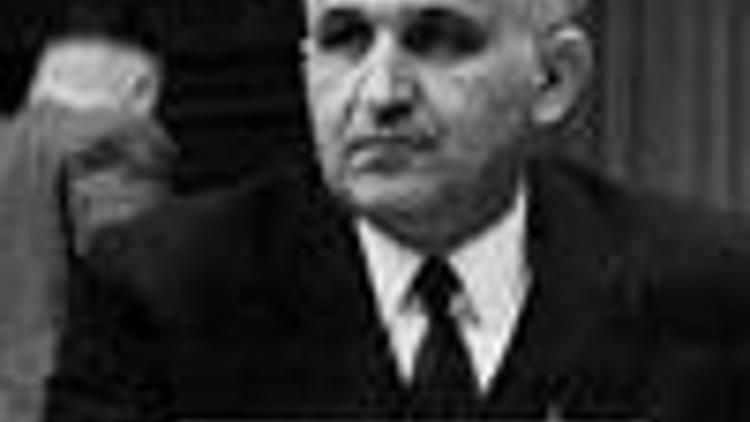Bulgaria's Turkish minority marks 20th anniversary of uprising
Güncelleme Tarihi:

DZHEBEL - Bulgaria’s Turkish minority celebrates the 20th anniversary this week of an uprising that eventually helped topple the communist regime.
On May 19, 1989,
Beginning at a funeral in the
In response,
Nowadays, the Turkish minority party, the Movement for Rights and Freedoms, is a vital force in Bulgarian politics and has acted as a junior coalition partner in all of the country’s governments since 2001.
But in communist times, the Turks were an oppressed minority, and in 1984, the regime adopted a law forcing them to change their Turkish names to Bulgarian ones, banning their language and outlawing Muslim customs.
"The alternative to changing our names was deportation," said Reshad Uzturk, a 46-year-old driver from Dzhebel.
And the repressions did not stop there, he said.
"Anyone who spoke Turkish in the street was fined for using incomprehensible language, circumcised baby boys were not admitted to kindergarten."
A 70-year-old woman, who asked not be named, told AFP that police "tore our shalwars (loose, pajama-like trousers) and made us wear skirts. I was so ashamed I could have died."
In the communist jargon of the time, the process was referred to as one of national "revival".
According to the official propaganda, the Turks were actually the descendants of Bulgarians who had been forced to convert to Islam under Turkish rule between the 14th and 19th centuries, but had now forgotten their true origins.
As a western-orientated country, modern-day
In the uprisings of May 1989, nine ethnic Turks were killed and dozens more injured, says researcher Mihail Ivanov.
"The regime was worried about the growth of this minority and responded to the revolts with ethnic cleansing," said Antonina Zhelyazkova, head of the Sofia-based Centre for Minority Studies.
"Leaders of protest movements and thousands of intellectuals were expelled to
On May 29, 1989, communist leader Zhivkov demanded
According to the Bulgarian secret services archives, some 370,000 Bulgarians of Turkish origin crossed the border between May and
November 1989, when
"They didn’t like me because, as school director, I had spoken against jingoism in the school curriculum. Following the revolt, the police put me on a train to
Communist dictator Zhivkov may have been successful in assimilating or expelling hundreds of thousands of ethnic Turks, but his policies isolated him internationally.
"Zhivkov never received backing from (the Soviet Unions reformist leader Mikhail) Gorbachev for his assimilatory policies,"
"His total international isolation led to his ousting by the reformers of the communist party on November 10, 1989," he said.
For Zhelyazkova of the Centre for Minority Studies, the painful experiences of the "revival" policies may actually helped
"

